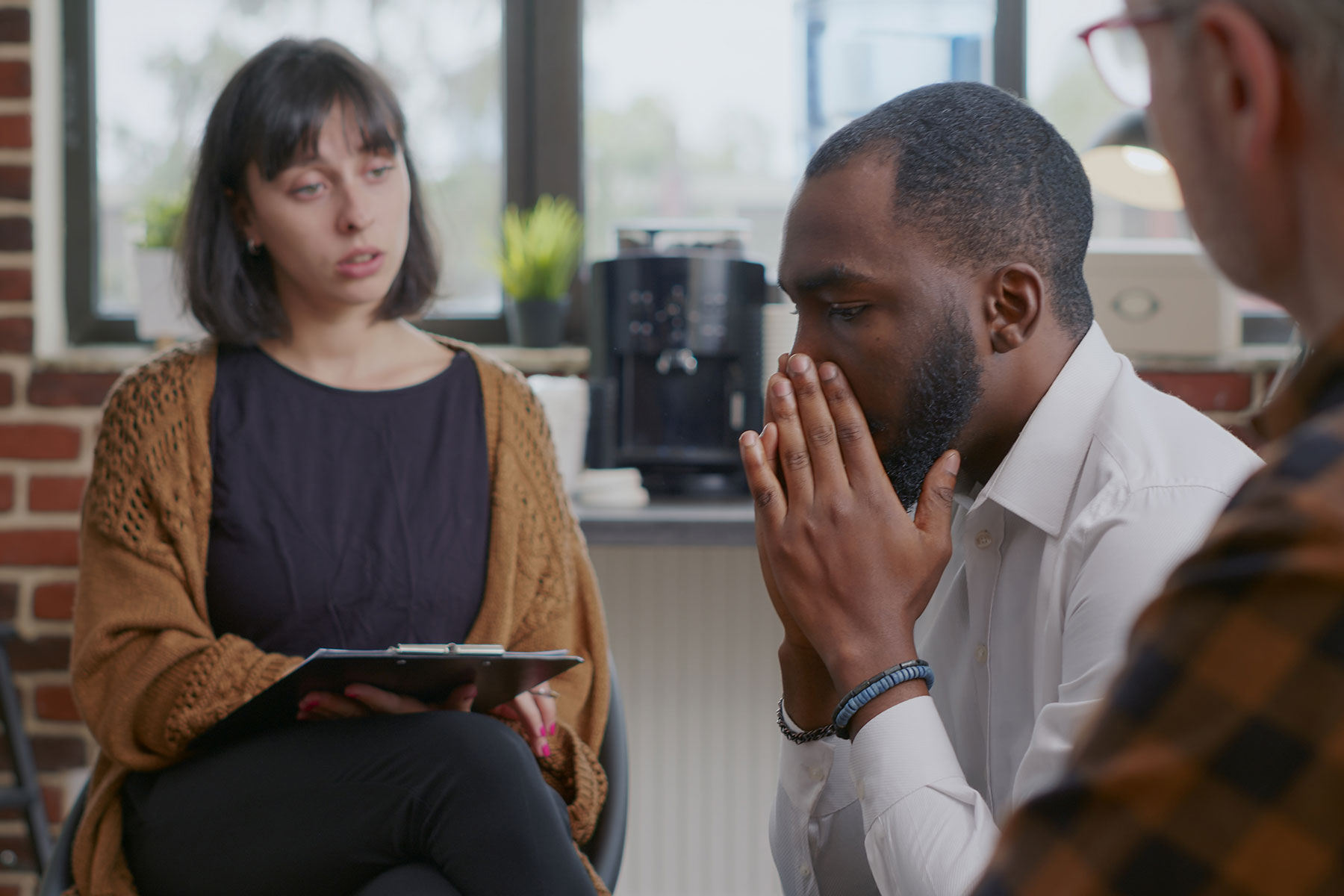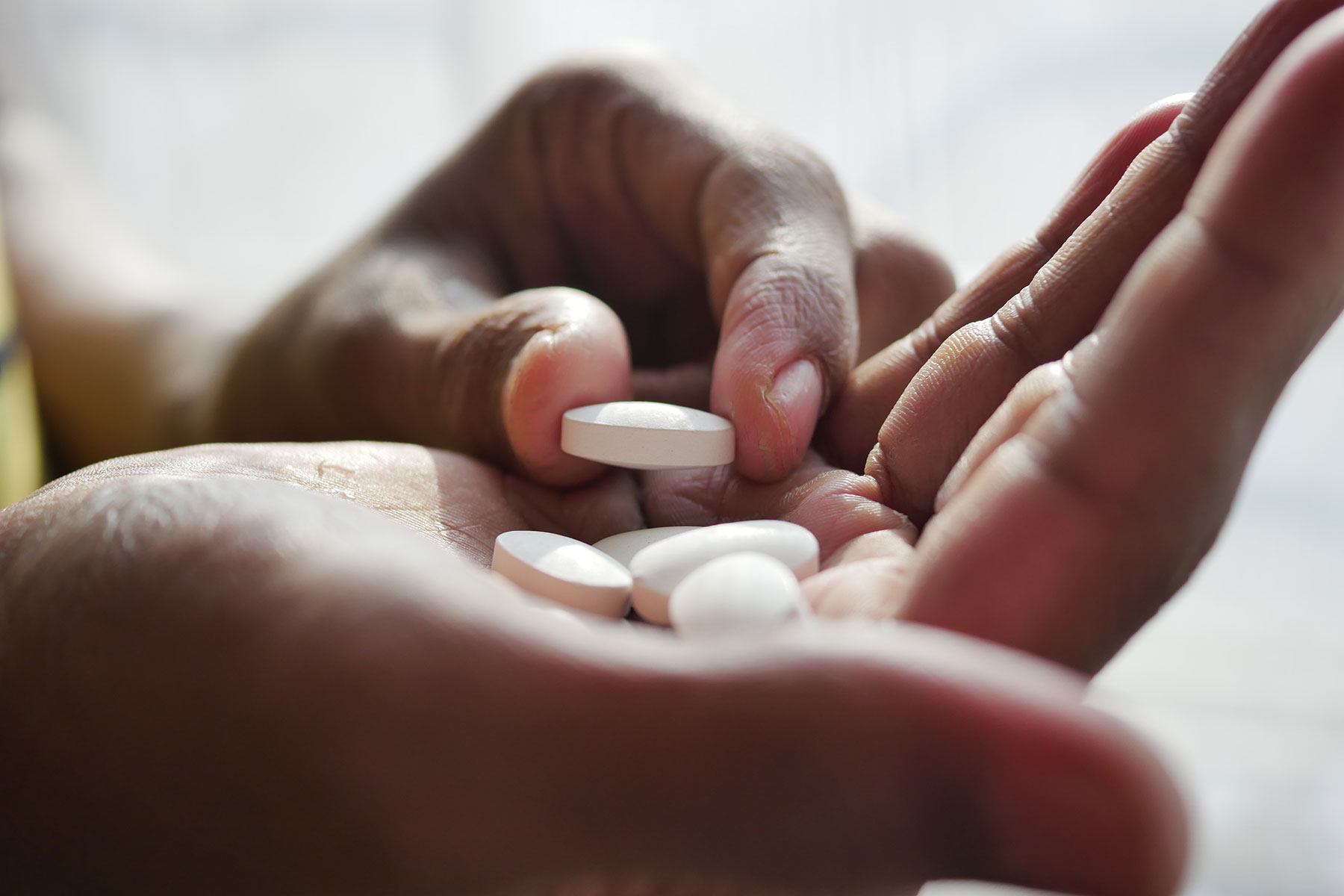Heroin is an incredibly addictive drug, and it’s important to be aware of the signs that someone may be abusing it. Because heroin addiction can develop quickly, it’s important to be able to recognize the signs and get someone help as soon as possible. This illicit drug can cause a number of physical and mental health issues, so knowing what to look out for is vital.
At Colorado Medication Assisted Recovery, our heroin rehab center can give you a fighting chance at recovery through medication-assisted treatment (MAT) and behavioral therapy. Our heroin addiction treatment program will help you see the devastating effects heroin has on your mind and body and give you healthy coping skills to maintain your sobriety effectively. If you or a loved one is addicted to heroin and wants to quit, call 833.448.0127 today to learn more about heroin addiction treatment in Colorado at our center
The Top Signs You Need a Heroin Rehab Center
Heroin addiction is devastating physically, mentally, and socially. Even though you can see and feel the damage that heroin is causing, your brain will continue to push you to use more.
Recognizing the signs of heroin abuse is the first step in overcoming this powerful addiction.
Some of the top signs of heroin abuse or addiction include:
- Physical signs – You may think that you have your heroin use under control. Unfortunately, as addiction takes over your body, several physical symptoms may become apparent. These can include confused thinking or disorientation, persistent dry mouth, constricted pupils, nausea, vomiting, constipation, cognitive challenges such as impaired decision-making, and excessive tiredness or drowsiness.
- Broken relationships – Heroin addiction can make you do things you would not even consider doing before your addiction took over. While addicted to heroin, people will lie, cheat, and steal from family and friends, even threatening physical harm. Their only goal in life is to get more heroin, and nothing will stop them from getting it. If you notice your relationships are splintered or broken, this may be a sign that heroin addiction has come between you and your loved ones.
- Mental health decline – The use of heroin or other substances may be interrelated with other mental health issues. If you identify that you may also be experiencing depression or anxiety, your drug use may be a symptom of a dual diagnosis or combination of mental health and substance use disorder. It is important to understand that neither of these will resolve themselves independently without the support of trained professionals to help you overcome and start on the road to recovery.
While any one of these signs may not indicate that you need a heroin rehab center, the combination should be a sign that you require assistance in a heroin addiction treatment program.
How a Heroin Rehab Center Can Help
One of the most effective approaches to heroin addiction rehab is medication-assisted treatment. MAT combines counseling or behavioral therapies with prescription medications like Suboxone to reduce cravings and withdrawal symptoms. Medication-assisted treatment can make it easier to focus on the underlying triggers for heroin abuse, develop new coping skills, and successfully maintain long-term recovery. This approach does not simply swap one drug for another—the medications used in MAT are essential to help reduce cravings and get your brain chemistry back in balance. As your body adjusts to sobriety, you can work with addiction specialists in our heroin rehab center to develop healthier life skills and behaviors.
Benefits of a Heroin Addiction Treatment Program
An effective heroin addiction treatment program will include medication-assisted treatment and behavioral therapy for a well-rounded treatment program. At Colorado Medication Assisted Recovery, we will evaluate you when you first arrive and design your heroin addiction treatment program around your individual needs.
A heroin rehab program can help you:
- Improve your self-esteem and confidence
- Form healthy coping skills
- Build a stronger family bond
- Give you a second chance at life
Our medical staff will administer and monitor your MAT program to decrease your withdrawal symptoms and cravings. At the same time, our trained therapists will work with you to discover the reasons behind your addiction and help you build healthy coping skills that you will use throughout your life to maintain your sobriety.
Call Colorado Medication Assisted Recovery for Effective Heroin Rehab Today
Our staff of trained professionals at our heroin rehab center in Thornton, Colorado, is here to help those fighting heroin addiction using a holistic approach. Our heroin addiction treatment program treats the whole person, not just the disease. Every step of the way, we will be with you and your family, providing the support, guidance, and encouragement that is essential for successful recovery.
If you or a loved one is ready to break free from heroin addiction, call 833.448.0127 today to learn more about our heroin rehab center.


























